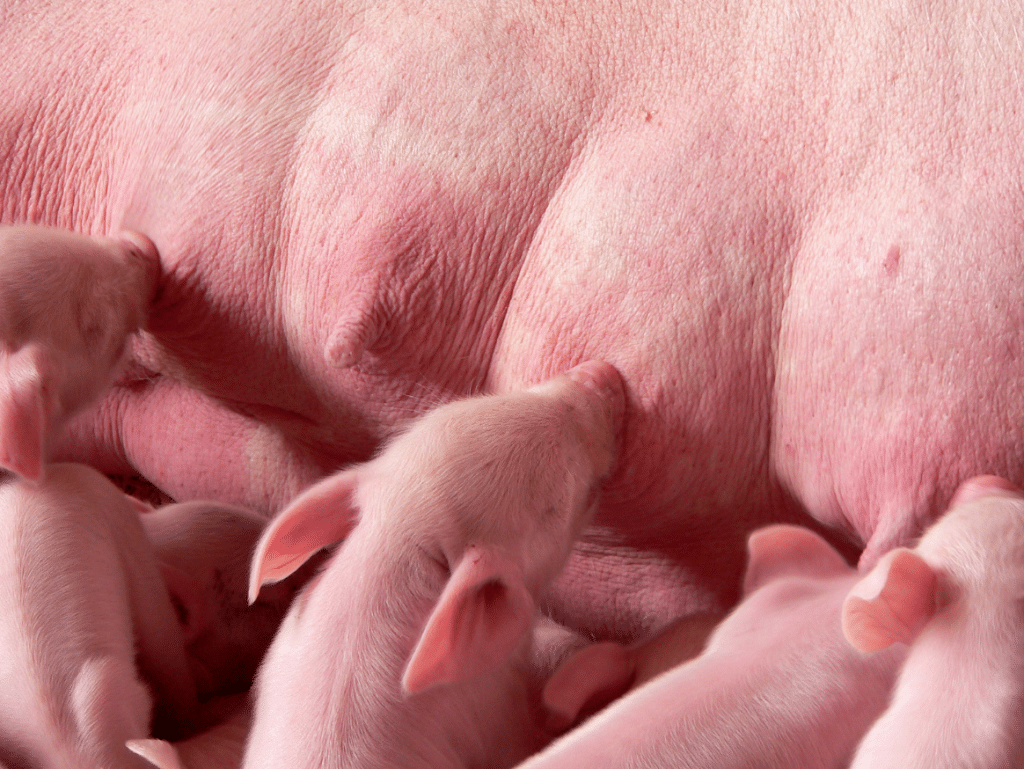Neonatal diarrhoea, a complex condition prevalent on pig farms, results in economic losses due to heightened morbidity and mortality among piglets, particularly within the first week of life. This poses a notable concern for antibiotic use in suckling piglets. The condition is linked to various infectious agents, including Escherichia coli, Clostridium perfringens types C and A, Clostridioides difficile, Enterococcus hirae, coronaviruses, rotaviruses, and Cystoisospora suis. These factors underscore the multifaceted nature of neonatal diarrhoea and its significance in both economic and antibiotic usage contexts on pig farms in Europe. The detection of a pathogen alone is not sufficient for elucidating the aetiology behind neonatal diarrhoea outbreaks. The diagnosis of neonatal diarrhoea is one of the most challenging ones in daily pig practice.
Click here to read the in-depth article as first published on pig333.com.
The South African Pork Producers’ Organisation (SAPPO) coordinates industry interventions and collaboratively manages risks in the value chain to enable the sustainability and profitability of pork producers in South Africa.
















